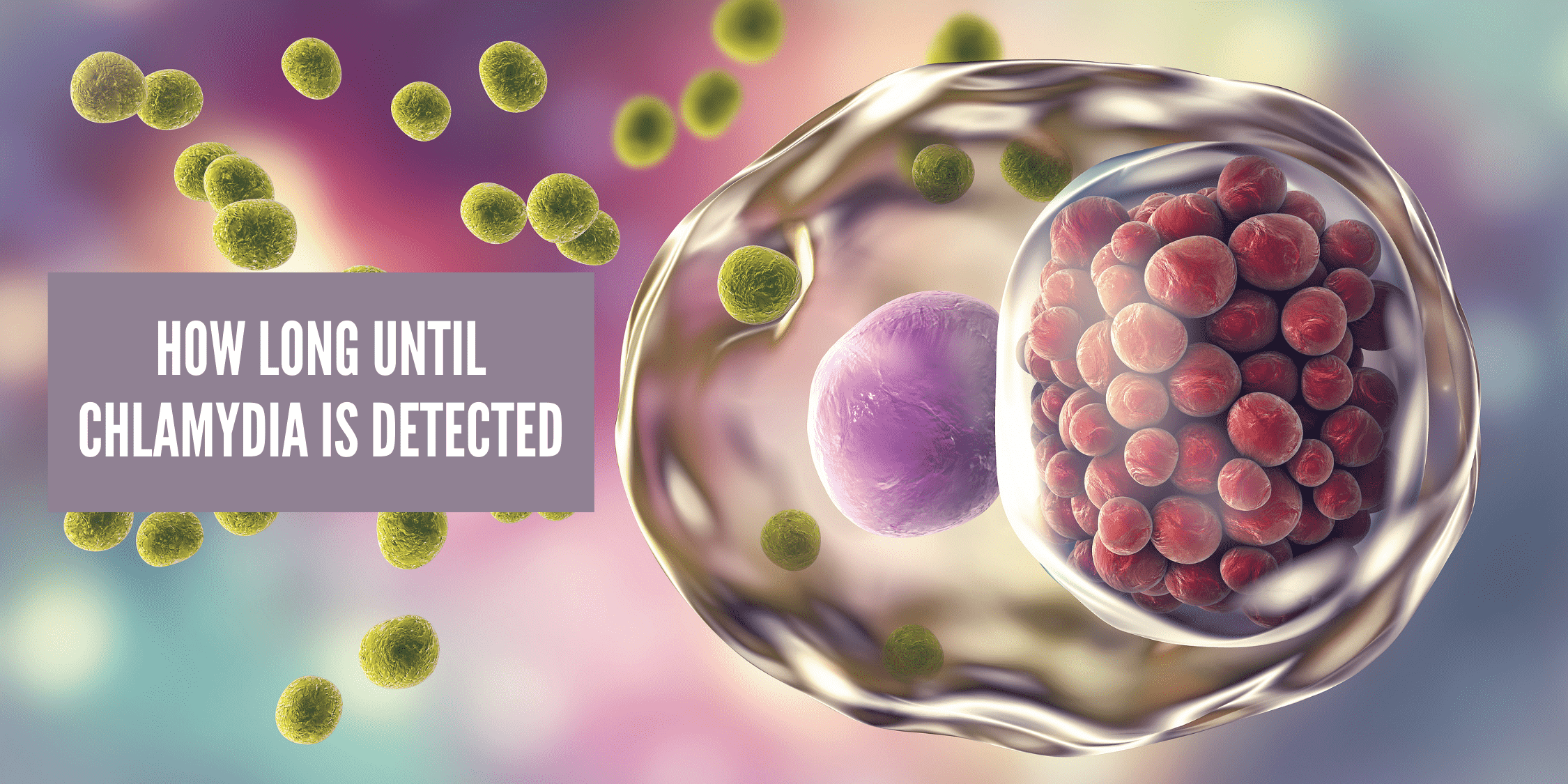- Suite 17, 117A Harley Street London, W1G 6AT
- 020 34751653
- Monday - Friday
9:00 - 18:00 - Saturday - Sunday
10:00 - 14:00

Chlamydia is one of the infections transmitted to healthy persons via sexual intercourse with an infected person. As an STI, it can be contracted via vaginal, anal, or oral sex.This disease is very common, and each year, millions of new cases are reported.
Since it is a bacteria infection, antibiotics and the use of protection during sex can treat it.Most chlamydia-infected persons are asymptomatic (do not show any symptoms) from 1 to 3 or several months after exposure to the bacteria.
But what's the duration before Chlamydia can be detected in a test? Is this window period different for men and women? What do you do when symptoms show up? These and more questions will be answered here. Keep reading.
This comes down to the type of test carried out and your personal health insurance cover. Your doctor can test for Chlamydia in different ways:
Visit here if you need to be tested for Chlamydia.
Symptoms of this bacterial infection can take 1 to 3 weeks or a couple of months to show up in women. The reason is that bacteria microbes are living organisms that have an incubation period. This determines how much time it will take for them to come together and cause infection.
So, what determines the incubation period?
There is no major time difference in when this STI shows up in women and when it does in men.
The only difference is linked to the frequency of symptoms in appearance.Research shows that 90% of women never have physical symptoms, while 70% of men never experience any symptoms.
Bear in mind that there's no clear link between your sex and when symptoms show up.
When you have oral sex with a chlamydia-infected partner, symptoms may show up in your throat. It's rare to notice symptoms in the throat though it may be seen after I week, several months or more.
Testing for Chlamydia isn't done in the throat since it's rarely infected. Should you believe you've been exposed via oral sex, request for a throat swab or other type of testing from your doctor.
You can treat Chlamydia. An effective method is with a doctor-prescribed dose of antibiotics.One of the following may be prescribed by your doctor to help treat Chlamydia:
Take your dosage religiously. It may take 2 weeks for the antibiotics to kick in and clear the infection. Failure to take the entire dose might make the antibiotics not to work. It can also cause bacteria resistance and difficulty in treatment.
Avoid sex until your treatment is complete and you're certified chlamydia-free by the doctor. This will prevent transmission. Protected sex can spread infectious bacteria.
To alleviate the pain and discomfort you may feel during the course of your treatment, you can take the following at home:
Take these supplements cautiously. These remedies are only applicable when you're on antibiotics or plan to see a doctor.
Conclusion
It's easy to treat Chlamydia and less severe if treated early. Patients may be asymptomatic, but treatment is important to keep infertility, pelvic inflammatory disease and other complications at bay.
Practice safe sex always. Visit the Sexual Health Clinic in London area for regular STI screening if you are not in a monogamous relationship or your partner isn't.
Our Sexual Health Clinic is located on Harley Street in the heart of London.
We are only a 5 minutes walk from Regents Park station, 10 minutes from Great Portland Street and 15 minutes from Oxford Circus.